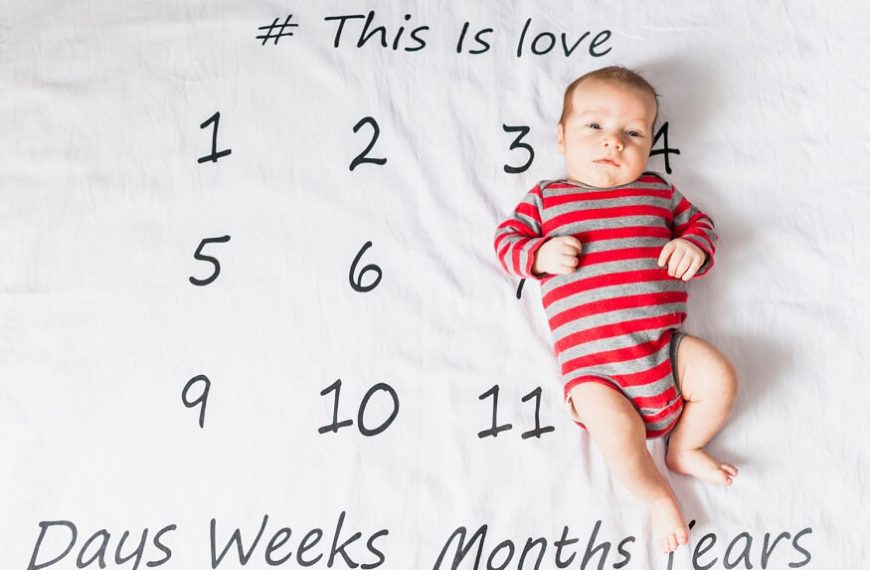Imagine this: You’re sitting in your cosy living room, watching your 14-month-old toddler take their first wobbly steps. As they toddle towards you, their face lights up with a triumphant smile, and their outstretched arms signal a desire for a warm hug. Moments like these are precious, and they mark the incredible journey of your toddler’s growth and development.
The development of toddlers, month by month, is a remarkable journey filled with awe-inspiring milestones, both big and small. Every parent eagerly anticipates each new stage, wondering what exciting development lies around the corner. In this comprehensive guide, we will explore the growth and development of toddlers month by month, providing you with insights, milestones, and a handy growth and development chart to help you understand and support your toddler’s journey.
Toddler stages of growth and development
We are all so clued in about the growth and development of toddlers. Here is a detailed account of the development of toddlers month by month:
Month 1-3: The Journey Begins
Your toddler’s first three months are a time of fast change and adaptability. During this stage, your baby is adjusting to life outside the womb. Key milestones during this time include:
Motor Skills: Your baby will start to gain control over their head and neck muscles, allowing them to hold their head up when lying on their tummy.
Sensory Development: Babies begin to focus on objects, faces, and lights, which is a crucial step in their visual development.
Sleep Patterns: At this stage, most babies are still developing their sleep-wake cycles in order to develop healthy sleeping habits. Expect irregular sleep patterns, with frequent naps throughout the day.
Month 4-6: Exploring the World
As your toddler reaches the 4-6 month mark, their curiosity blossoms, and they become more interactive. Key developments during this period include:
Rolling Over: Many babies start rolling over from their tummy to their back during this time, a sign of increased strength and coordination.
First Foods: Around the 6-month mark, you can introduce solid foods. This is a significant step in your toddler’s development as they begin to explore different tastes and textures.
Babbling: Your baby may start making adorable babbling sounds, as they begin to experiment with vocalisations.
Month 7-9: Sitting Up and Crawling
By the time your toddler reaches 7-9 months, their physical abilities are rapidly advancing:
Sitting Up: Most babies can sit up with support at this stage, and some may even manage to sit unaided for short periods.
Crawling: The classic “army crawl” or traditional crawling often begins during this period. Your little one’s mobility is expanding, and they are eager to explore their surroundings.
Object Permanence: Your baby begins to understand that objects still exist even when they are out of sight, a cognitive milestone that paves the way for more complex thinking.
Month 10-12: Standing and First Steps
These months mark the transition from baby to toddler, as your little one starts to take their first steps towards independence:
Pulling Up: Many toddlers will use furniture or your legs to pull themselves up into a standing position.
First Steps: Sometime during the 10-12 month period, you’ll witness those magical first steps. These initial steps may be wobbly, but they represent a significant leap in physical development.
Communication: Your toddler’s babbling becomes more purposeful, and they may say their first words. They also start to understand simple commands.
Month 13-18: Exploring Independence
As your toddler approaches the 1.5-year mark, they become more independent and expressive:
Running and Climbing: Your little explorer is now on the move, running and climbing with boundless energy.
Vocabulary Growth: Their vocabulary continues to expand, and they start forming two- or three-word sentences.
Social Development: Your toddler begins to engage in parallel play with other children, showing an early interest in social interactions.
Month 19-24: The “Terrible Twos”
The toddler years are often referred to as the “terrible twos,” but they’re also filled with fascinating developments:
Tantrums: Tantrums become a common occurrence as your toddler tries to assert their independence and express their feelings.
Potty Training: Many parents start potty training during this period, as your toddler becomes more aware of bodily functions.
Fine Motor Skills: Your toddler’s fine motor skills improve, allowing them to stack blocks, draw simple shapes, and feed themselves more independently.
Toddler Growth and Development Chart
To help you track your toddler’s progress, here’s a handy growth and development chart:
Toddler Growth and Development Chart
Please note that every child develops at their own pace, and these milestones are just general guidelines. If you ever have concerns about your child’s development, it’s essential to consult with a paediatrician for personalised guidance.
Supporting Your Toddler’s Growth and Development
Your responsibility as parents to foster your toddler’s development is essential. The following advice will assist you in fostering your child’s development:
Make Your Home Safe: This one goes without saying 🙂 Ensure that your home is secure and kid-friendly.
Nutrition: To support their physical and mental development, provide a balanced diet that is high in fruits, vegetables, and whole grains.
Stimulating Play: Encourage playtime with toys that stimulate different senses and promote creativity.
Reading: Reading to your toddler is one of the most effective ways to promote language development and a love for learning.
Routine: Establish a consistent daily routine that includes sufficient sleep, play, and meals.
Social Interaction: Arrange playdates or visits to the park to help your child develop social skills and make friends.
Stay Patient and Positive: Be patient during challenging phases, and offer praise and encouragement for their achievements.
EuroKids: A Partner in Your Toddler’s Journey
At EuroKids, we understand the importance of early childhood education and development. Our preschool programs are designed to provide a nurturing environment where your child can learn, grow, and thrive. With experienced educators, engaging activities, and a focus on holistic development, we’re here to support your toddler’s journey every step of the way.
In Conclusion
Toddlers’ month-by-month growth and development is a fascinating and rewarding adventure for parents. Every accomplishment, no matter how modest, deserves to be celebrated. You may help your child realise their greatest potential by recognising these stages and creating a loving, supportive atmosphere.
Keep in mind that every child is different and that their journey is their own as your toddler continues to develop. Cherish every moment, from those first tentative steps to the spirited conversations and adventures that lie ahead. Parenthood is a remarkable journey, and your toddler’s development is a beautiful chapter in that story.















